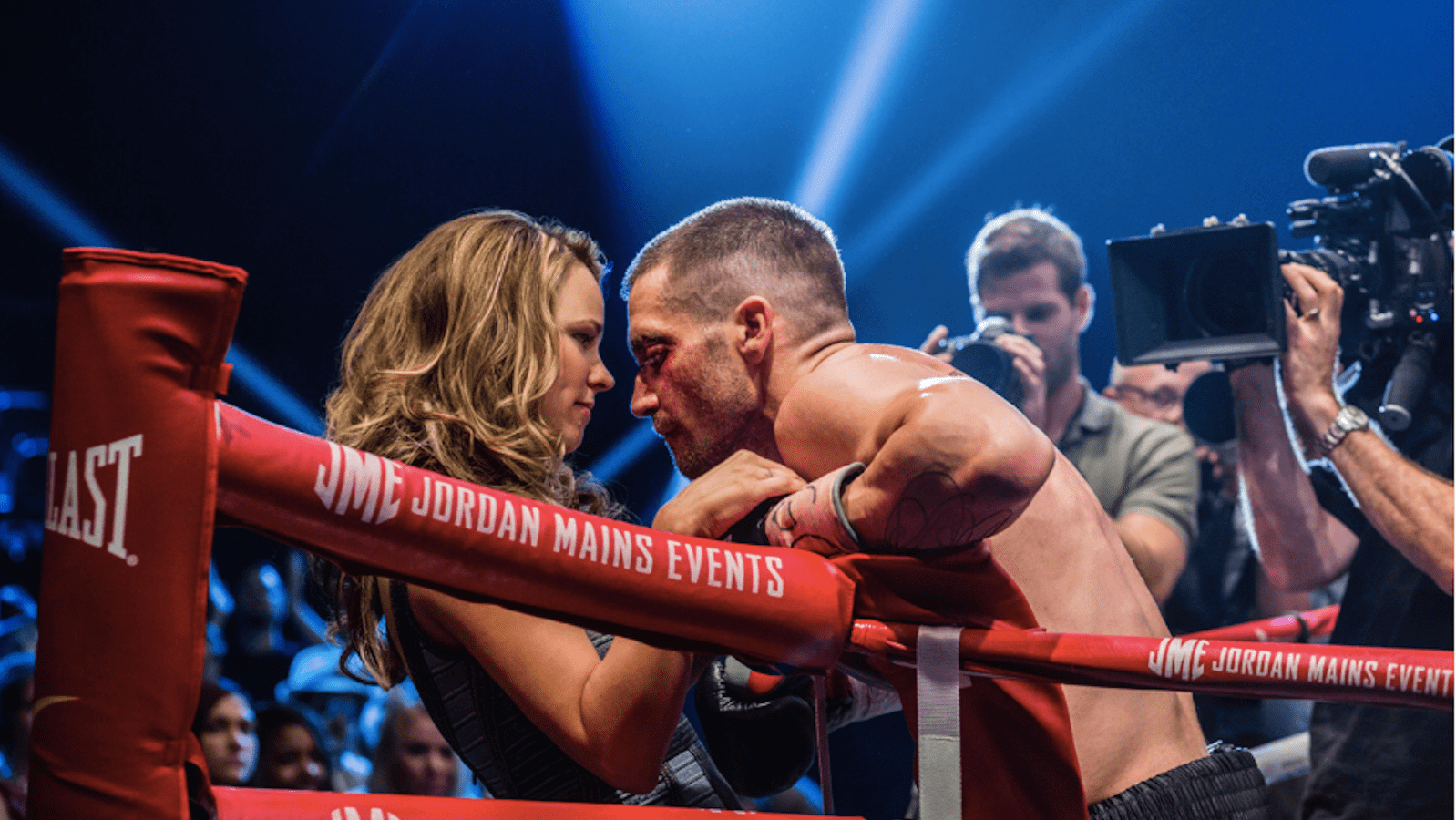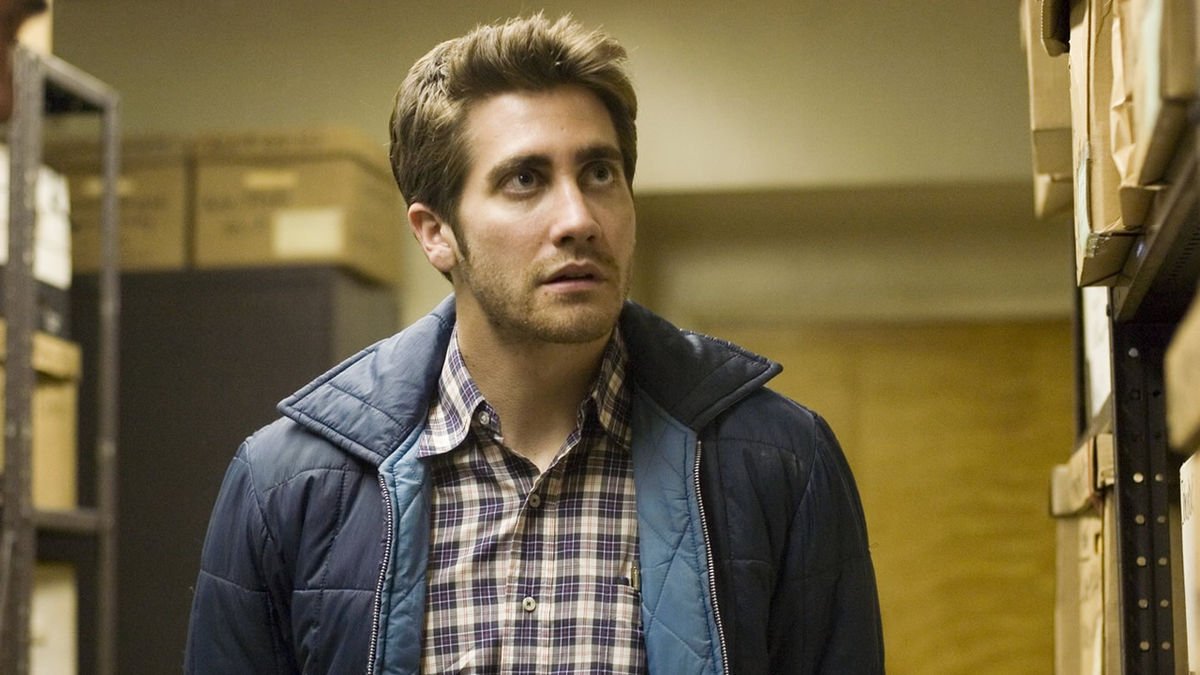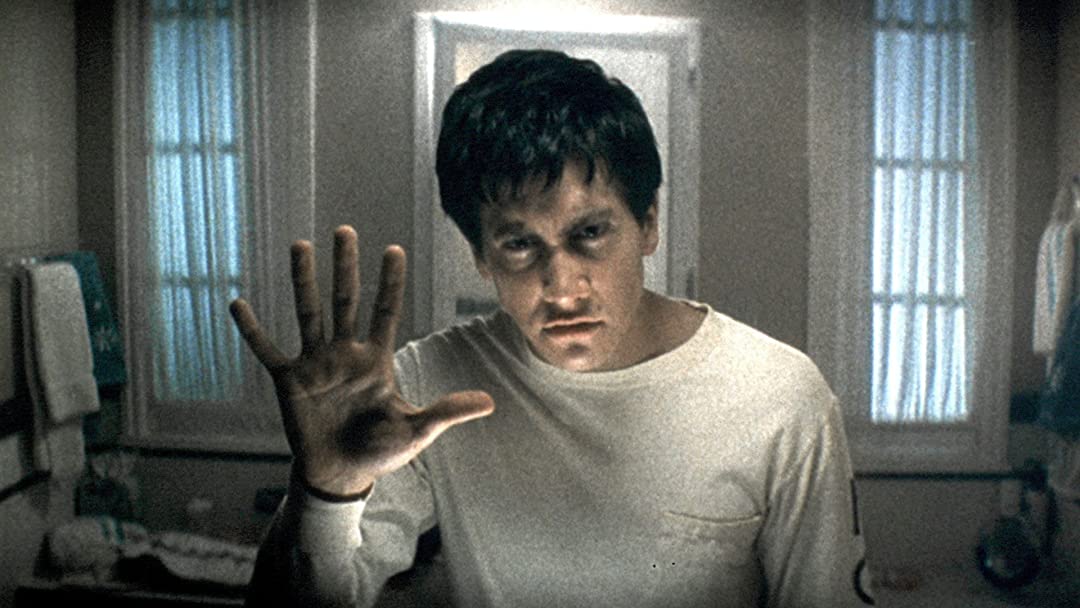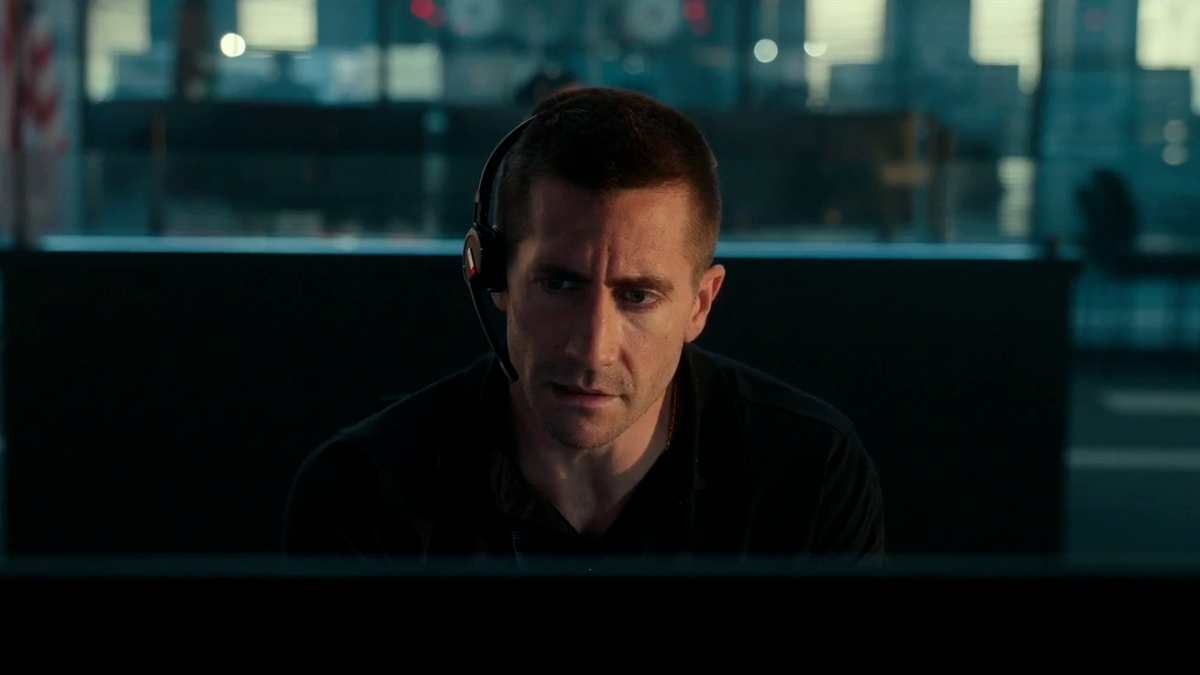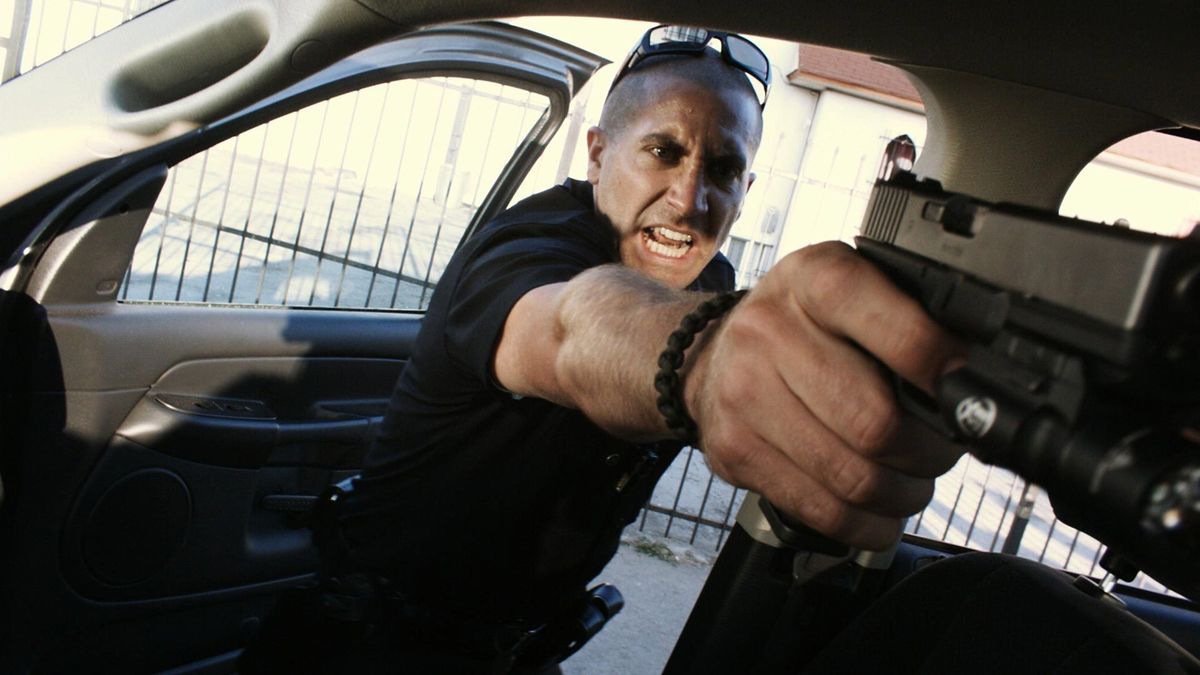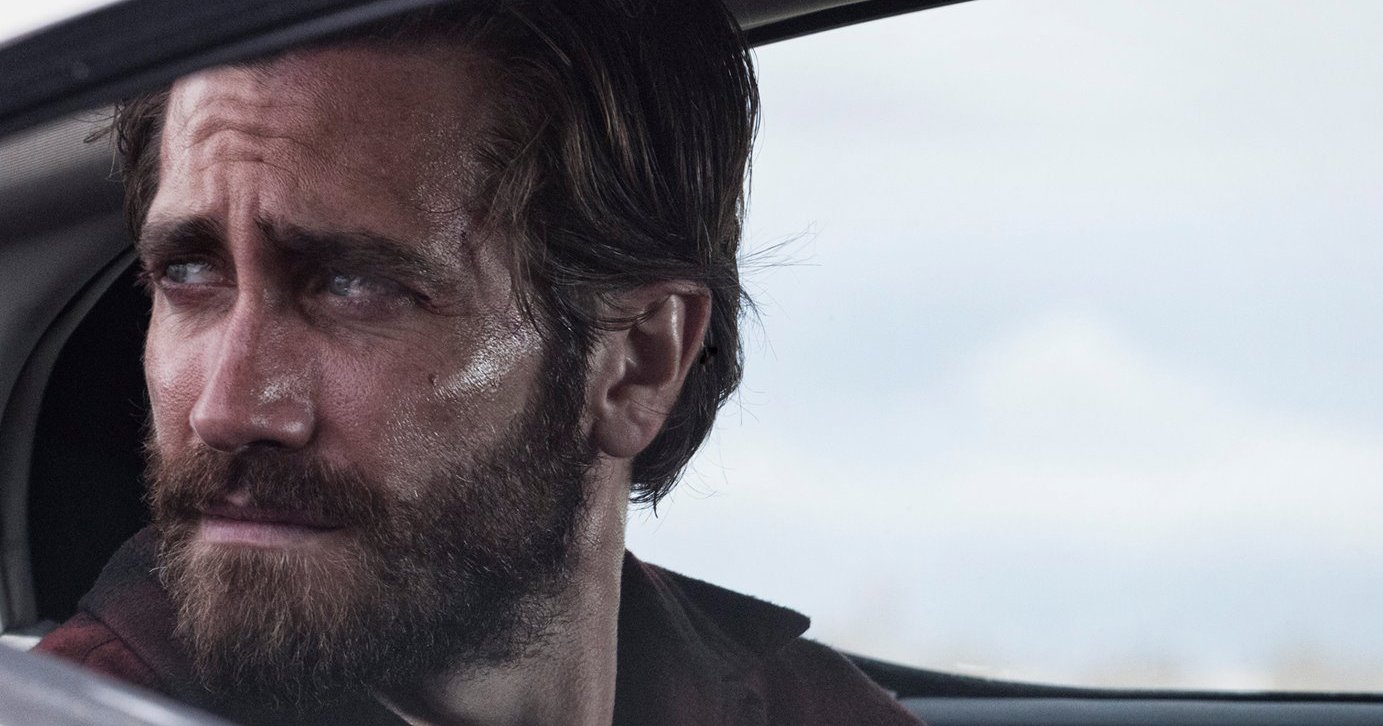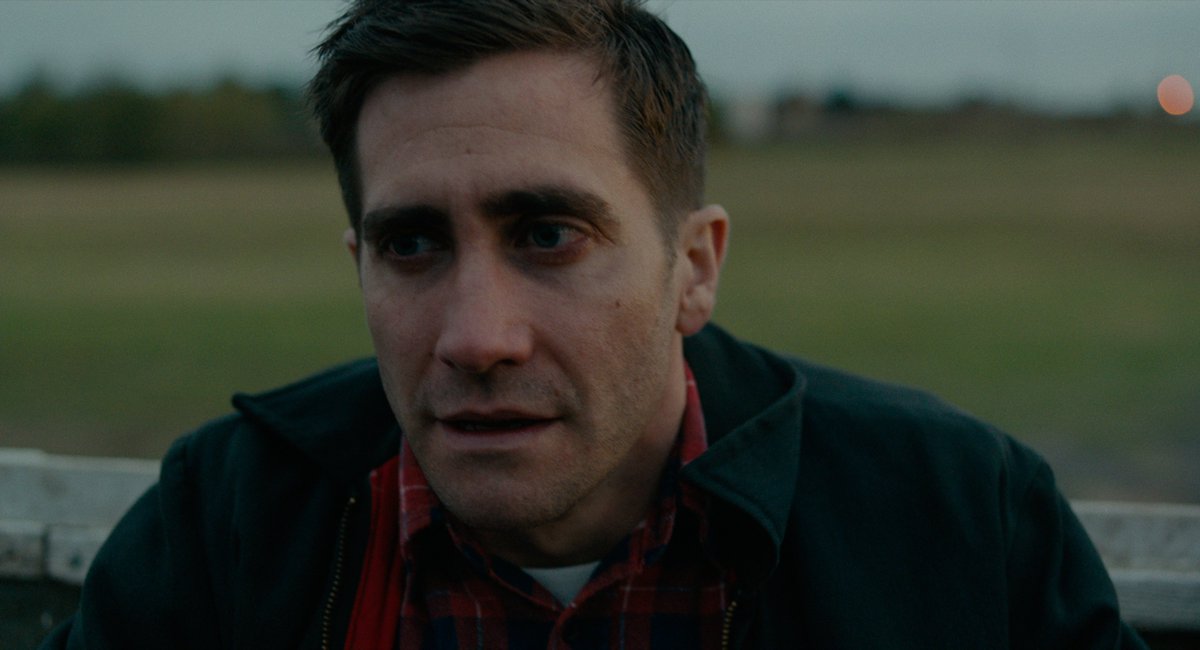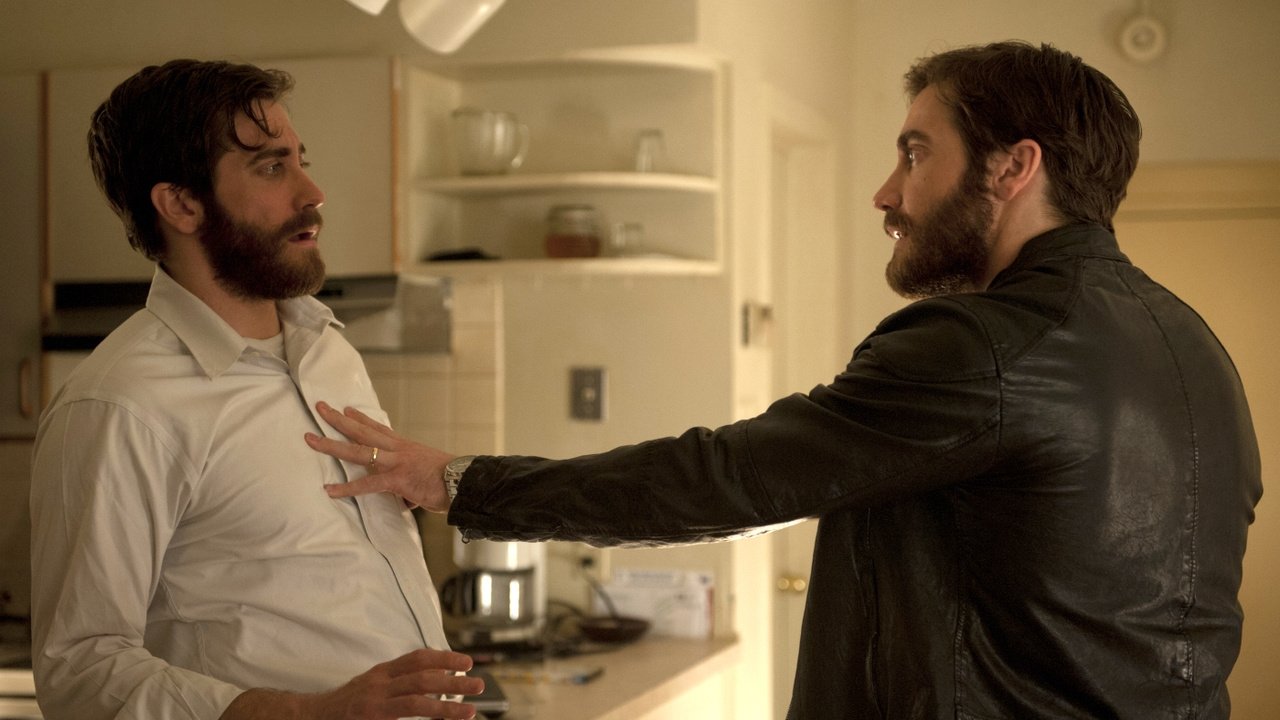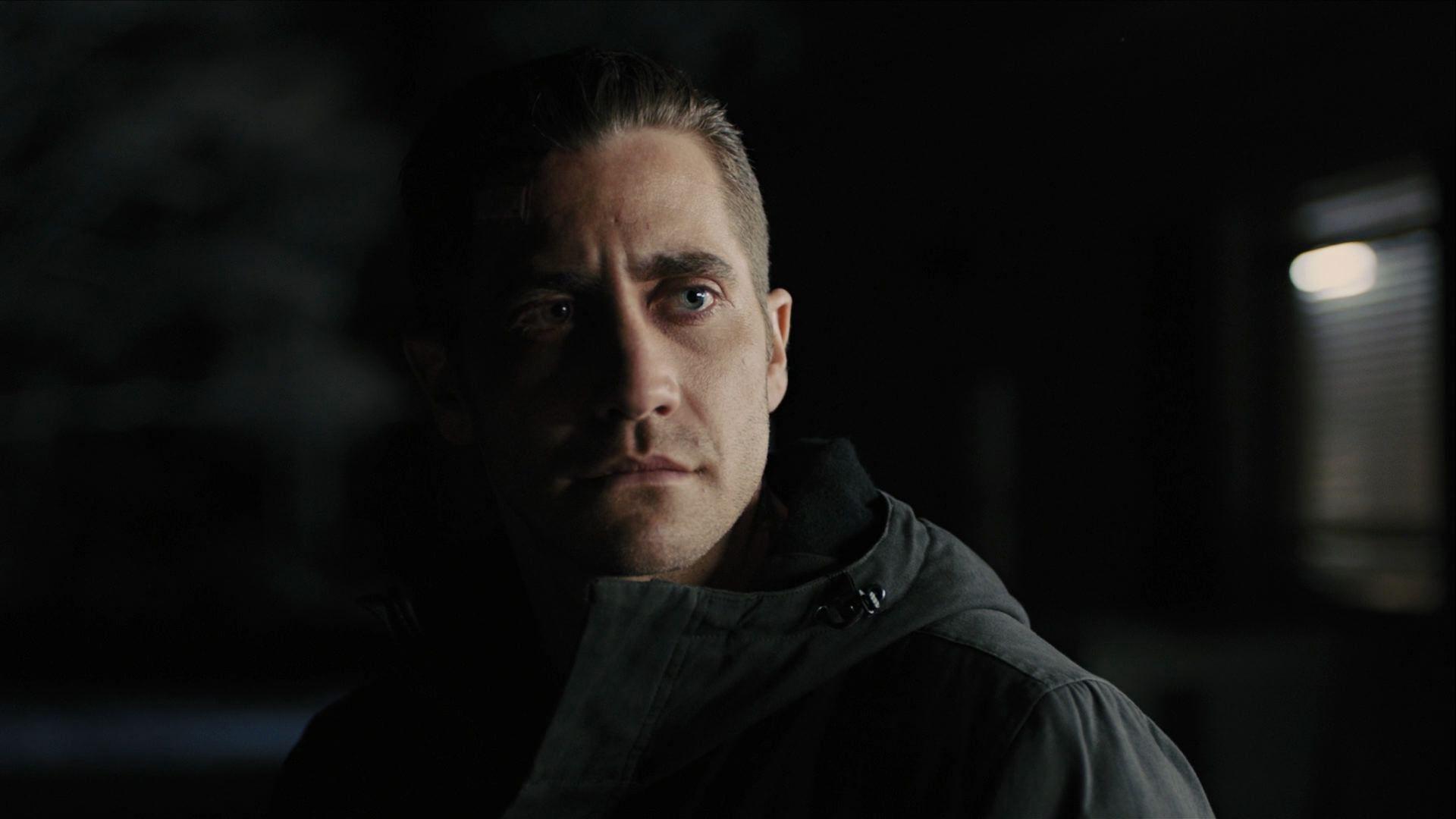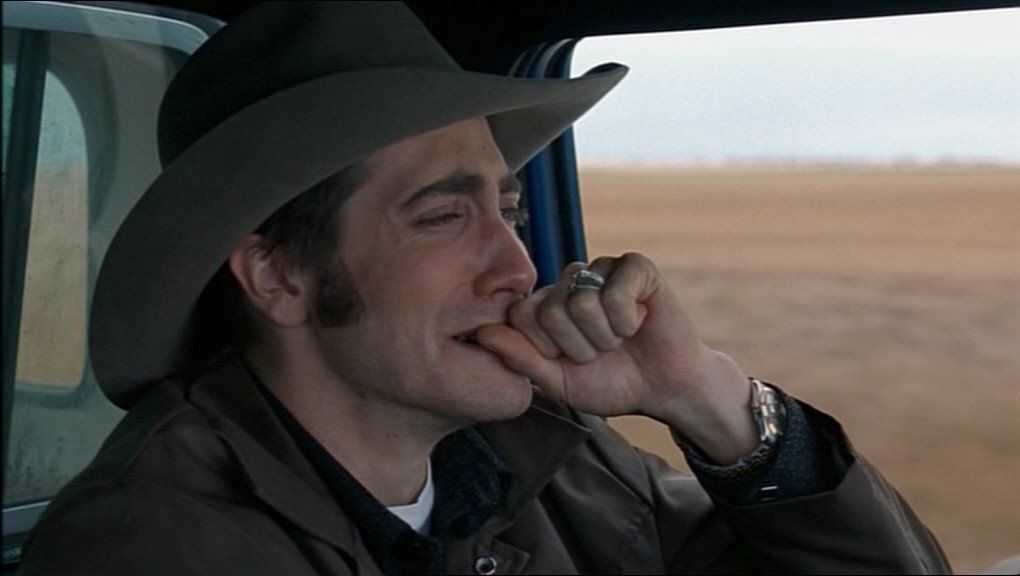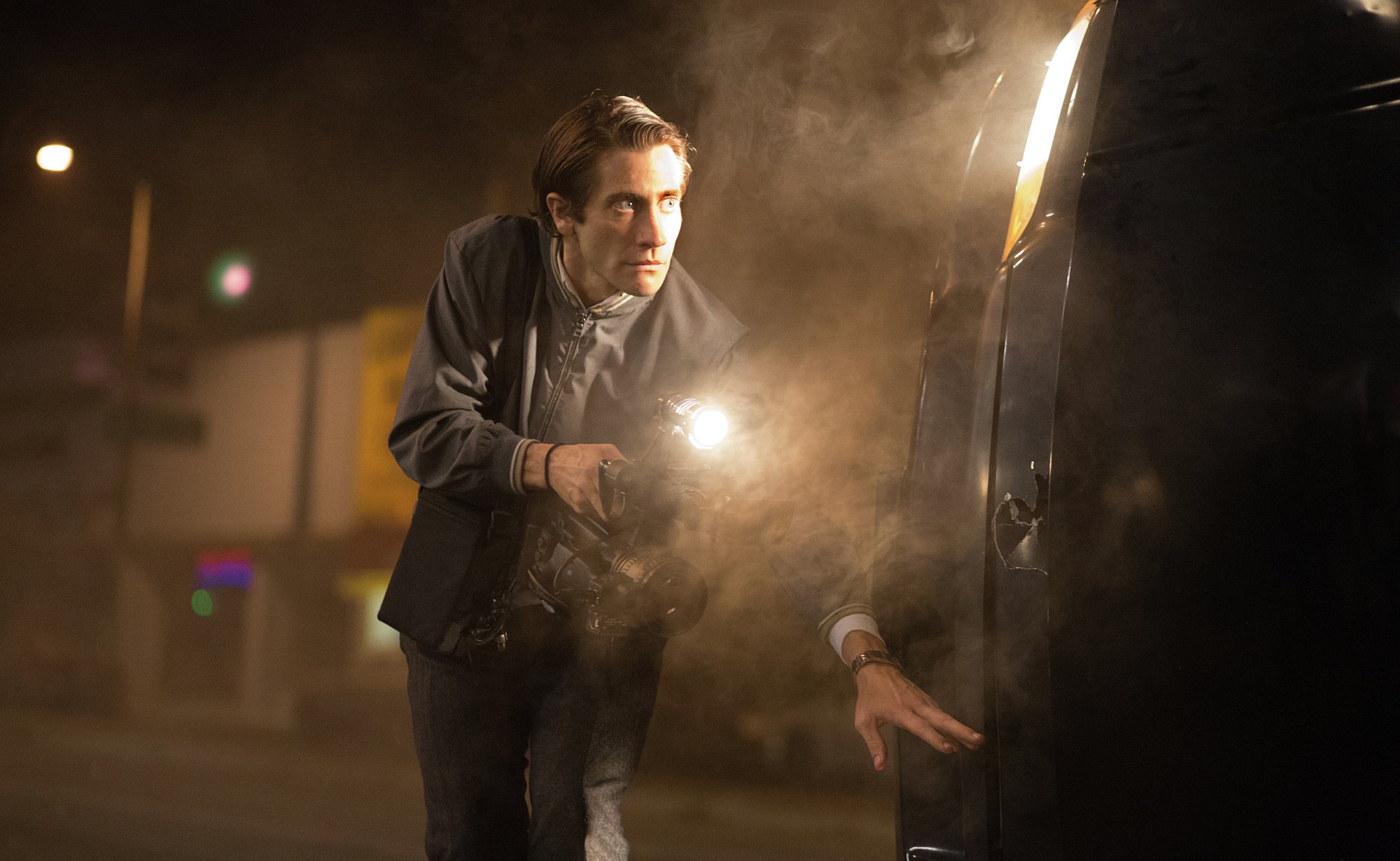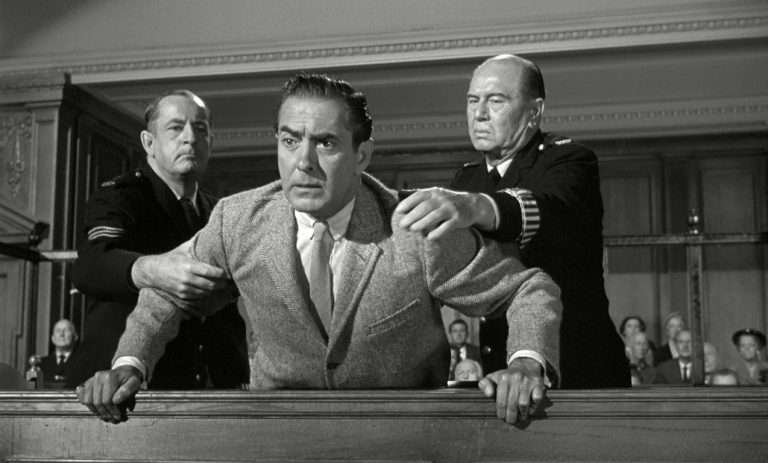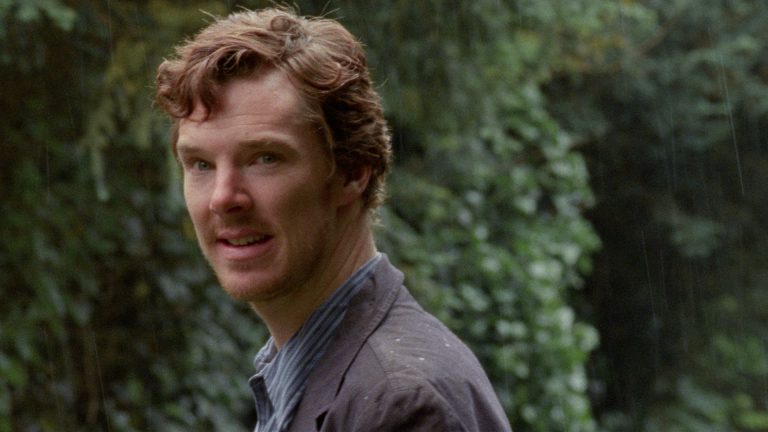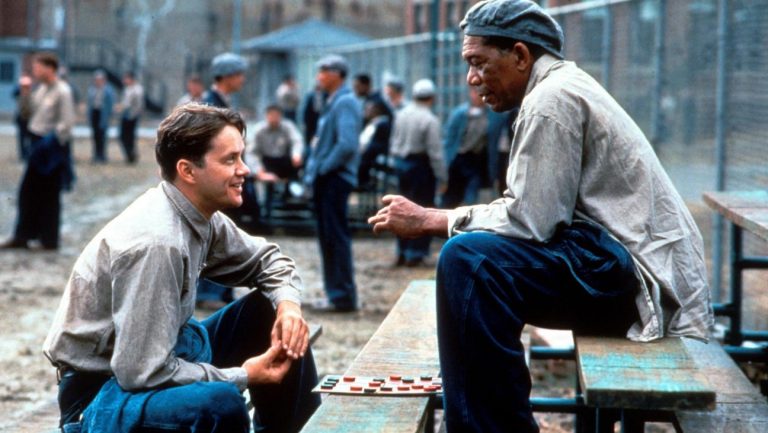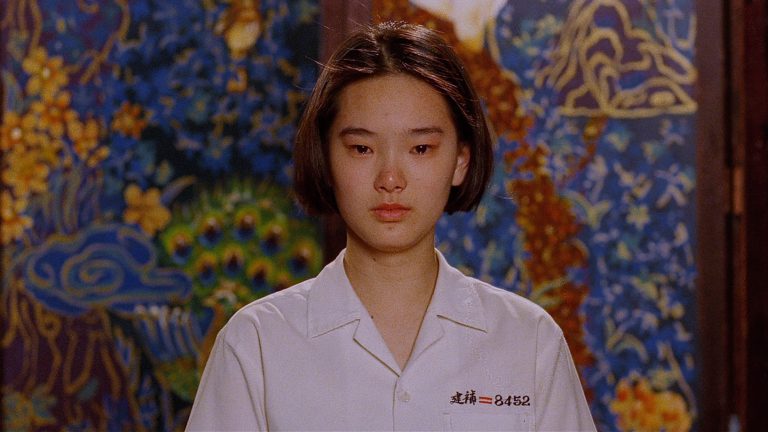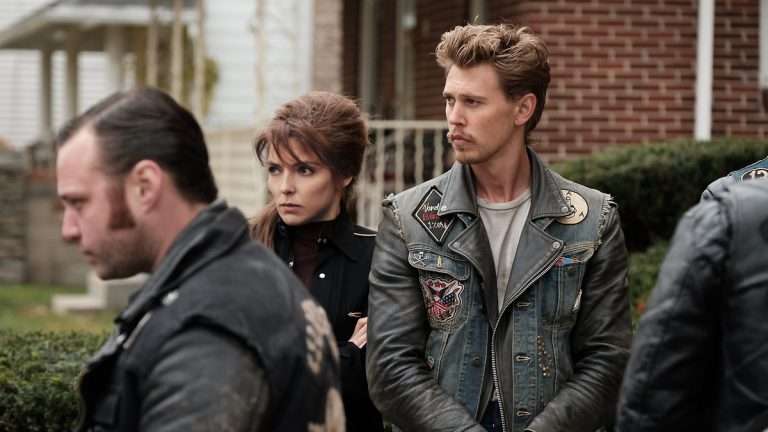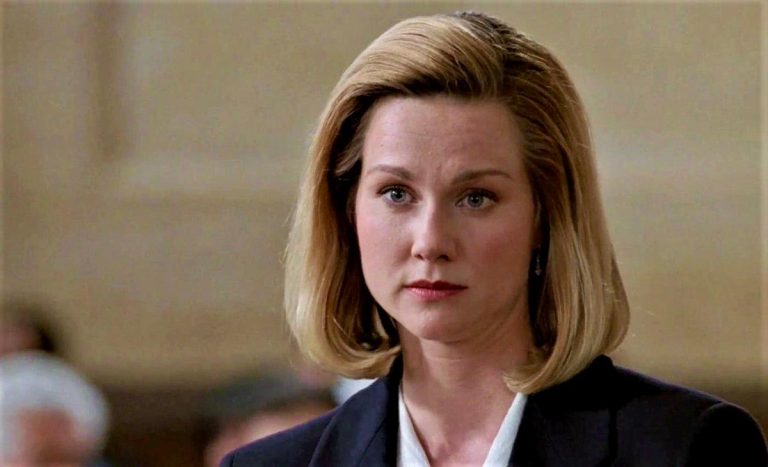Among the most recognizable actors in Hollywood, Jake Gyllenhaal has a portfolio of movies that stand testament to his talent, similar to Leonardo Di Caprio. Hailing from a distinguished lineage in the film industry, this L.A.-born actor consistently leads and elevates the quality of his films. Known for not relying on method acting or dramatic appearance changes, he still creates compelling characters, much like Ethan Hawke or Nicolas Cage, making any Jake Gyllenhaal movie a likely sign of cinematic excellence.
Jake Gyllenhaal captivates audiences with his expressive eyes, a vital trait for an actor, but his greatest strength is his ability to produce spontaneous outbursts, many becoming iconic in modern pop culture. His diverse filmography showcases his versatility, avoiding any particular typecasting. Jake Gyllenhaal has seamlessly transitioned into varied roles throughout his career, demonstrating his adaptability and natural talent. His dedication to observing and interacting with his co-stars further enhances this, making his performances deeply engaging. Here’s a list of some of Jake Gyllenhaal’s most outstanding movies that are a testament to his dynamic acting prowess.
Honourable Mention: Southpaw (2015)
In ‘Southpaw’, Jake Gyllenhaal takes on his first role as an athlete, fully immersing himself in the transformation. As Billy Hope, the reigning heavyweight champion whose world crumbles after his wife’s tragic death at a fundraiser, Gyllenhaal’s portrayal is intense and convincing. Yet, embodying Billy was not just about mastering the look and skills of a boxer. The film delves into deeper themes like fatherhood, substance abuse, and self-redemption, demanding a nuanced performance that balances raw power with emotional depth.
Gyllenhaal skillfully juxtaposes Billy’s aggressive professional demeanor with his vulnerability in personal life, creating a multi-dimensional character. Although there are moments where his portrayal slightly falters, Gyllenhaal’s performance shines brightest when he channels a fiery intensity reminiscent of De Niro’s LaMotta. In this movie, Jake Gyllenhaal’s dedicated and powerful central performance significantly uplifts director Antoine Fuqua’s safe and predictable approach, despite the film not hitting every intended mark.
10. Zodiac (2007)
‘Zodiac’ is efficiently serviced by director David Fincher‘s love for creating stories that never quite come to a resolution but always come at the cost of his antiquated antihero’s sacrifice. Jake’s performance anchors the story and navigates it from the start to the end. He plays Robert Graysmith, a naive cartoonist, who takes a feverish interest in Zodiac, the serial killer who gave America many a sleepless night, as he joins hands with fellow journalist Paul Avery to find out the truth.
His portrait is based on a real-life journalist and author of the same name. ‘Zodiac’ does not squarely depend on Jake’s ability or tendency to pull out the odd magic trick but instead works as a function of Fincher’s well-calibrated and rigorous penchant as a filmmaker and keen eye for details. Graysmith’s character can be seen as an antihero, his story one of success. But his arc from the sweet, boyish cartoonist, to an obsessed, never-ending pursuer of dead ends is more tragic than it is triumphant.
Also, Read – A DECADE ON: ZODIAC [2007]
9. Donnie Darko (2001)
‘Donnie Darko’ has definitely established a cult following in recent years. Brushing aside the muted response on release, the Gyllenhaal-starrer has gained traction with the advent and popularity of new-age sci-fi films. Its mind-bending plot has a lot to offer, including nuanced performances from a young cast. Gyllenhaal stars as the titular character and shares screen space for the first time with sister Maggie. Donnie is a confused teenager, although qualifying it so is not necessary. In the process of trying to make sense of the world, he is burdened with making sense of all and more.
While commenting on the film, Gyllenhaal recently revealed how relatable the troubles of Donnie were to him at the time. His revelations point toward how his process of playing Donnie and getting to play him was a moment of perfection. Comparatively and understandably, Donnie is weaker than other Gyllenhaal performances in terms of theatric heft, becoming a bit loud and too eager at times, but is inherently more spontaneous and raw.
Also, Read – Donnie Darko (2001) Explained: A Journey Through The Director’s Theory
8. The Guilty (2021)
The American remake of the Danish film of the same name is an exact replica: word for word. There is hardly any difference in how the remake is conceptualized. Save for Gyllenhaal’s earnest performance, Antoine Fuqua’s ‘The Guilty’ is tepid and derivative and offers nothing new on the Danish film. And even in the intimation, the remake loses the original’s compact setting and nervy pace, hardly creating any tangible tension with the same details and plotting. Gyllenhaal plays suspended police officer Joe Baylor, who finds himself on Comms duty till the hearing of his court case for the alleged shooting of an 18-year-old.
Baylor, like most Gyllenhaal characters, is broken from inside, suffering from intense, short bouts of a burning sensation inside, which is his guilt over the shooting. The actor characterizes Baylor with traits like a short temper and wearing his anger under his skin. Confronting oneself is one of the most terrifying and brave things we humans can do. Standing face first with the consequences of our actions, our moral compass guiding our reaction often leads to rewarding conclusions. The fire that spreads and rages in the setting outside, is matched by the immense pain that Baylor feels inside of him. And it all culminates with the core conflict of the story coming to a halt.
7. End of Watch (2012)
In the movie ‘End of Watch’, Jake Gyllenhaal brings a refreshing twist to the buddy cop action drama, enriching it with a unique found-footage narrative style. Alongside Michael Pena, Gyllenhaal stars as a Los Angeles police officer, and their routine patrol quickly escalates into perilous situations, highlighting the everyday dangers faced by police officers. Director David Ayer shifts the focus from violence to the deep friendship between the two leads, played by Gyllenhaal and Pena, adding a humanizing element to the action-packed scenes.
This film stands out in Jake Gyllenhaal’s diverse array of movies, offering a glimpse into the challenging lives of those in public service roles. Gyllenhaal’s commitment to his role is evident in his five-month training with the LAPD, resulting in a performance that is both authentic and transformative. His portrayal is so immersive that he becomes almost unrecognizable, and his on-screen chemistry with Pena adds depth to their characters’ bond. ‘End of Watch’ breaks away from the typical procedural drama, offering nuanced dialogue and a departure from the genre tropes that have traditionally defined such films.
6. Nocturnal Animals (2016)
Irrespective of the angle from which you view the character of Tony Hastings, there is no way you would not end up labeling him the “sheep” of society. The wolf-sheep narrative that mostly defines the world as we know it today, plays heavily in Tom Ford’s plot inside the plot. The deception obviously is the way Adams’ character reads the story and not how actually things are.
Gyllenhaal, probably for the first time, plays a character who is completely and utterly powerless, or as the romantics call such a person, vulnerable. It is often said that a man’s true measure is in the circumstance when he puts his family above him and guarantees their safety. And Hastings certainly does not live up to the standard. But what is even more engrossing about Edward and Tony collectively and the film, is that you realize that they both are living the same kind of lives, experiencing similar heartbreaks and emotions.
They are the same men represented differently through the former’s intrinsic artistic talent and the great pain he feels losing the love of his life. Hasting’s fate is also a byproduct of Edward’s process of grief and dealing with Susan’s decision to leave him that manifests in vile anger; discomforting and haranguing.
Gyllenhaal nails Hastings’ and Edward’s distraught emotional state. His representation is neither too pronounced, nor too understated that would vitiate the rare realism that Ford achieves. ‘Nocturnal Animals’ is a mesmerizing mouthpiece for director Tom Ford’s personal interpretation of Tony and Susan, the film’s literary inspiration.
5. Wildlife (2018)
There is a very interesting phrase that Maddox (Thomasin McKenzie) from M. Night Shyamalan’s ‘Old’ uses to describe the process of aging: “changing colors”. Realizing yourself and those around you as “people” – with real feelings, insecurities, and imperfections – is a unique, confusing challenge.
Most of ‘Wildlife’ is narrated and felt through this experience of Joe Brinson seeing his parents as not the picture-perfect, doughy couple from his childhood. They fight a lot; swear at each other; often disagree on how to do things, and for once, do not have Joe as the center of their lives. Although it is natural and easier to think of Jerry and Jeanette’s troubled marriage as the pivot in the scheme of things, Joe is never on the sidelines. His perspective is always the guiding light for the viewer. It is really Paul Dano’s artistic maturity that elevates the film to be multi-dimensional and deal with a lot of themes, on an individual level and on a familial level as well.
Jake’s character, I think, is in some ways like Sir Gawain from ‘The Green Knight‘. He is not defined by the person he is or wants to be, but by conventional wisdom about manhood and the mold of a quintessential father, husband. His pride trumps any personal longings or ambition he ever had. He loses sight of himself in the process of absorbing this cultural nuance. But it is also hypocritical of him to then pass on the mantle of being the man of the house to his teenage son.
There is no surprise then that he feels lost and dysfunctional. And that is what makes his character so real. It is a pity that Gyllenhaal and Mulligan, two of the most prolific actors of their generation, do not share more screen space. They are absolutely terrific together, matching their synergies to make the film feel whole. Jake’s remarkable act of trying to look from the outside in and running away from the phantom of expectations that chases him around strikes the perfect balance of melancholy and tenderness.
4. Enemy (2013)
Dennie Villeneuve’s ‘Enemy’ is a gorgeous head-scratcher. While the mind-numbing plot may be beyond us, Jake’s superlative twin performances are certainly not. There have been a lot of actors who have played two diametrically opposite characters in personality on screen like Tom Hardy, Mark Ruffalo, among others. Jake plays Adam and Anthony; the former is a quiet and shy college professor, the latter an outgoing actor. You have seen more of him as Adam in previous roles but his turn as Anthony is equally engaging.
His mix of subtlety and style creates a jarring dichotomy between his character and its subconscious. Director Villenuave also emphasized the theme of the film to explore the challenges in dissecting the human thought process; separating the man from his mind. For Jake, though, it was all about playing the two sides of a coin. Despite the physical similarities, the two men have no convergence in terms of personality. Even their worldview is uniquely different. As things turn out, the two seem to end up in their correct places; places where they rightfully belong.
Also, Read – The 25 Best A24 Movies that you Shouldn’t Miss
3. Prisoners (2013)
In ‘Prisoners’, Jake Gyllenhaal masterfully carries the weight of his weary, obsessed character, making the art of acting seem effortless. His portrayal is so deeply integrated into the fabric of Detective Loki’s troubled psyche that it sets him apart, making an otherwise brilliant cast appear almost ordinary. The stoicism of Loki, set against the backdrop of unfolding chaos, serves as a grounding force, balancing the intense energies of the movie. Gyllenhaal’s subtle character ticks, like his blinking and ring-rubbing, suggest a mind in constant motion, grappling with being far from his desired reality.
The film, a standout in Jake Gyllenhaal’s movies, skill-fully weaves the narrative around law enforcement’s complex history with case resolutions, including Loki’s personal experiences. This backdrop creates a tension that intensifies when colliding with the raw emotions of a grieving parent. Gyllenhaal’s performance evolves throughout the movie, his energy and demeanour shifting to reflect the mounting desperation and urgency. His dedication to the role transcends mere professional duty, portraying a deep, personal commitment to saving a life, blurring the lines between his character’s professional and personal spaces.
Related to Jake Gyllenhaal Movies – Decoding the Symbolic Ending of Prisoners (2013)
2. Brokeback Mountain (2005)
Jack Twist was a bold choice back when the film was made. So was Ennis. Homosexual characters were not as popular as they are now. Nobody wanted to play them and now all one wants to play are gay characters. Ledger and Gyllenhaal play two characters looking to be loved and feel liberated when doing so. Ang Lee does a terrific job of subverting the expectation of individuality and identity crisis, instead highlighting the tremendous capacity for the human heart to desire and feel love.
Gyllenhaal plays the more open character, who struggles lesser with his sexuality than Ledger’s, who is more tacit. This gives the actor the freedom to go off the charts and express his emotions more freely. Much like his earlier works, Gyllenhaal shows potency in handling complex emotions like a person of his age would. His performance leans towards evoking feelings rather than provoking thought, unlike Ledger’s portrayal of Ennis.
In his interview with Vanity Fair, Jake Gyllenhaal reflected on the audience’s reaction to the film, emphasizing how its impact extended beyond the actors’ performances and resonated deeply with many viewers.
“There’s so much to say about this movie. There’s even more for me to say about my experience of it. There’s even more for me to say about the reaction to it and what it meant and what happens when you realize, as a performer in particular, that something has nothing to do with you… the power beyond anything that you think you have control over or part of, goes out into the world, it becomes everyone else’s. And so, you have a short time with it and that’s my job and my honor to do, and then it is everyone else’s, and it is no longer mine. And there is no film that I’ve ever done that has shown that to me more than Brokeback Mountain.”
Also, Read – The 15 Best Westerns of the 21st Century
1. Nightcrawler (2014)
Jake’s most compelling work comes as Lou Bloom, an intelligent sociopath, who begins night crawling as a stringer for a local television station after discovering his fascination for it. Under Dan Gilroy’s enabling direction, Jake grows Bloom’s personality from a well-spoken, adequately informed, and seemingly resourceful petty thief, to a soulless vulture selling people’s tragedy for heavy paycheques, with care and purpose. Every time Bloom finds a “picturesque” frame on the job – including the time moving a victim of a bloody car accident – his eyes light up like a five-year-old seeing his favorite toy. Despite the macabre reality of the plot, ‘Nightcrawler’ also has a comedic element that Jake executes so well that it lends a certain innocence to Bloom. Like when he runs from the Granada Hills house and lectures Ric on taking initiative or the time he sells a stolen bike with fast-talking, complex, untrue details.
The emancipated frame and tied-back hair really make the crazy eyes pop, an essential component in Bloom’s portrait. Just like any sociopath, Bloom keeps himself neat and has a clockwork-like work rigor. Jake’s creation of Bloom and his untamed, wild spirit springboards on Dan Gilroy’s magnificent writing. Reading the script, the dialogue really jumps out at you and also gives you a sense of how well Jake and Gilroy worked together to articulate Bloom’s character and the broader theme of unethical modern-day journalism. Jake’s greatest success as Bloom is that, looking back, hardly anyone could resist engaging with and being drawn in by his charm, without knowing his true nature.
The charm that he spews masks his venomous insides for people. On the customary rewatch, I found a hard-hitting Bloom dialogue. “What if my problem wasn’t that I don’t understand people but that I don’t like them?” It instantly reminded me of Daniel Plainview’s similar remark in There Will Be Blood (2007). The two characters not only share a similar worldview but also establish themselves on the back of smart work and innate talent. Both live their lives as con-men, bent on taking and taking from other people on the promise of giving them false hope. Lou Bloom is the quintessential antihero today’s generational moviegoers have come to worship. Jake Gyllenhaal delivers a resounding performance that is in equal parts as shocking, as it is a living truth of the society.

